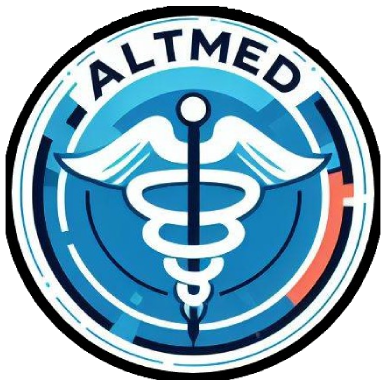Introduction
Avalos et al. (JAMA Netw Open, October 2024) conducted a comprehensive study examining the association between maternal prenatal cannabis use and the risk of autism spectrum disorder (ASD) in offspring. As cannabis use during pregnancy becomes more common, understanding its potential impacts on neurodevelopment is critical for obstetricians, pediatricians, and mental health professionals.
Key Findings
- Increased Risk of ASD: The study revealed a modest but statistically significant increase in the risk of ASD in children born to mothers who used cannabis during pregnancy.
- Mechanisms of Concern: Cannabis crosses the placental barrier, and its psychoactive components, such as THC, may disrupt normal fetal brain development, particularly in regions associated with social and cognitive functioning.
- Clinical Implications: The findings highlight the need for routine screening of cannabis use during prenatal care. Counseling pregnant individuals on the potential risks and offering alternative symptom management strategies is essential.
Summary: The VitalPoint for Providers
This study underscores the importance of screening and patient education about the potential neurodevelopmental risks of cannabis use during pregnancy. Providers should integrate these findings into prenatal care protocols to better support maternal and child health outcomes. Access the full study at PubMed.

